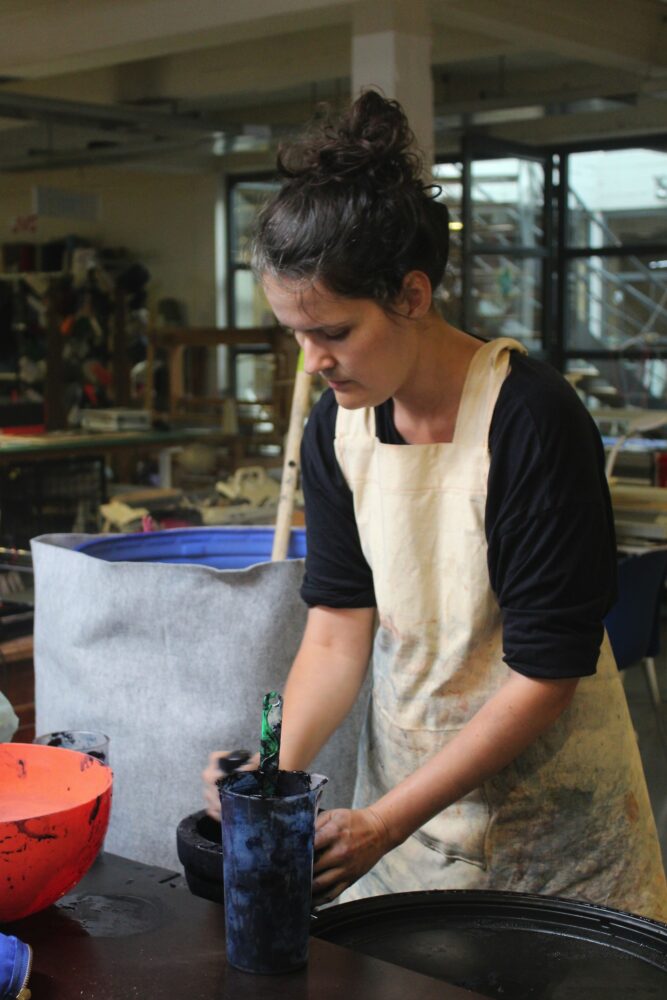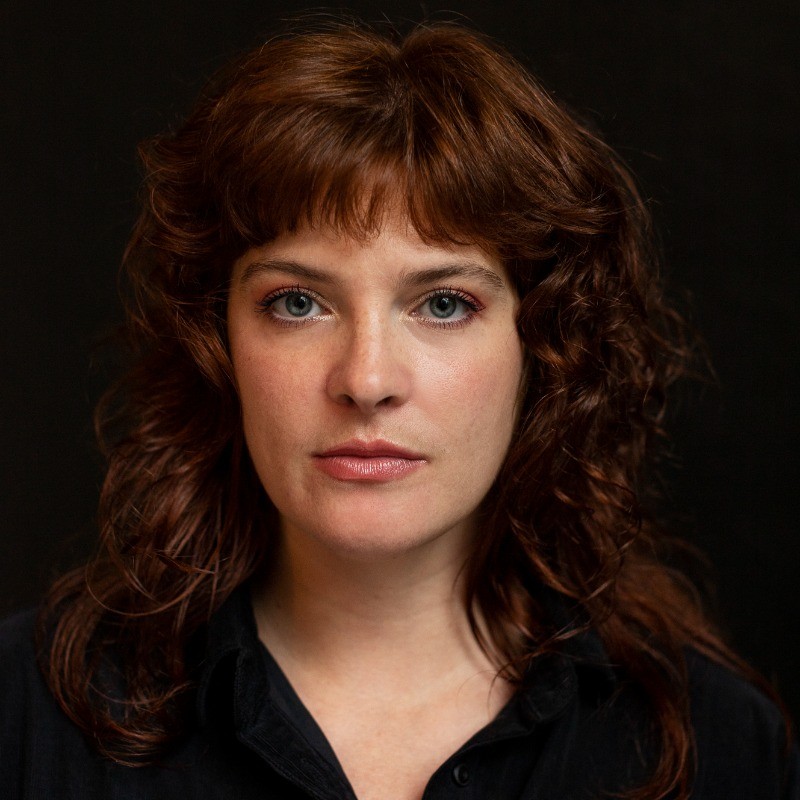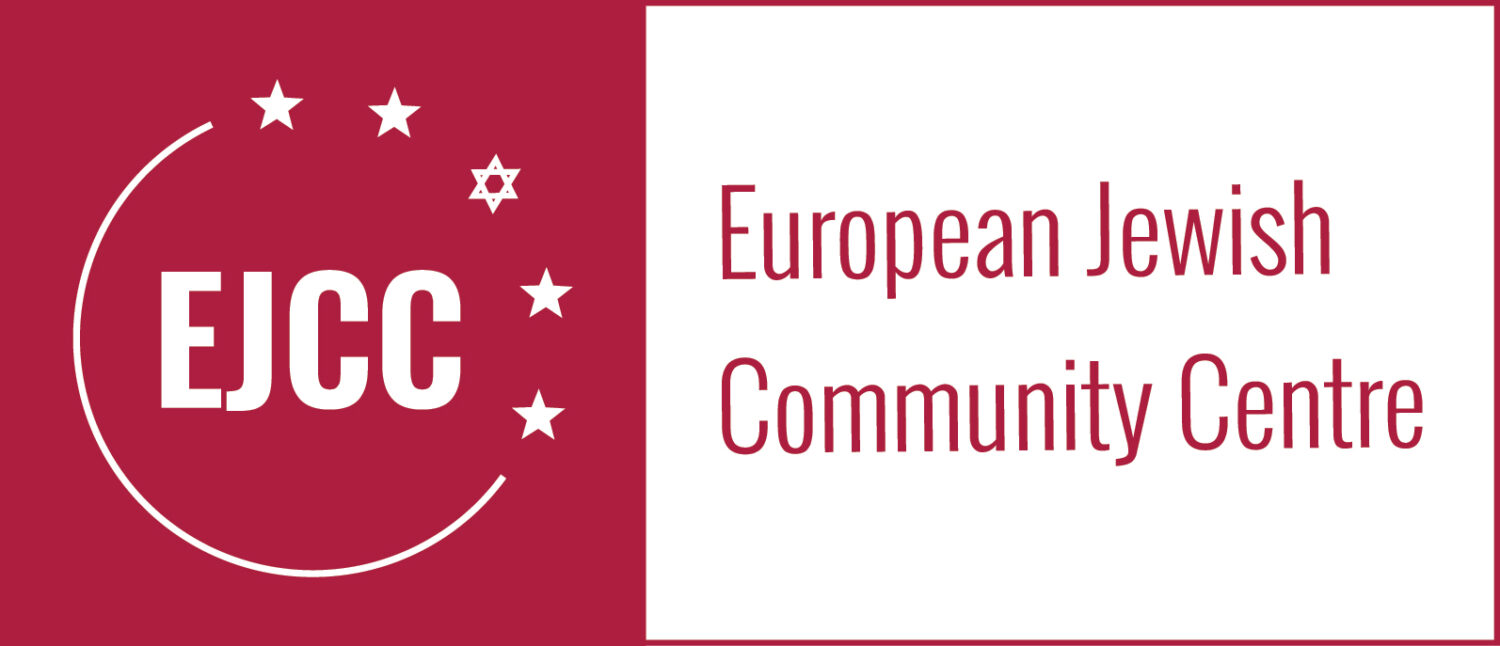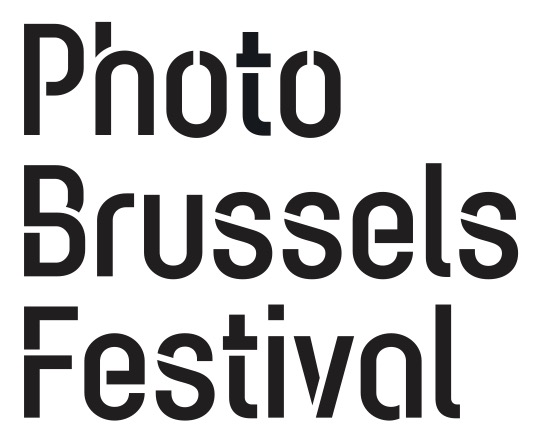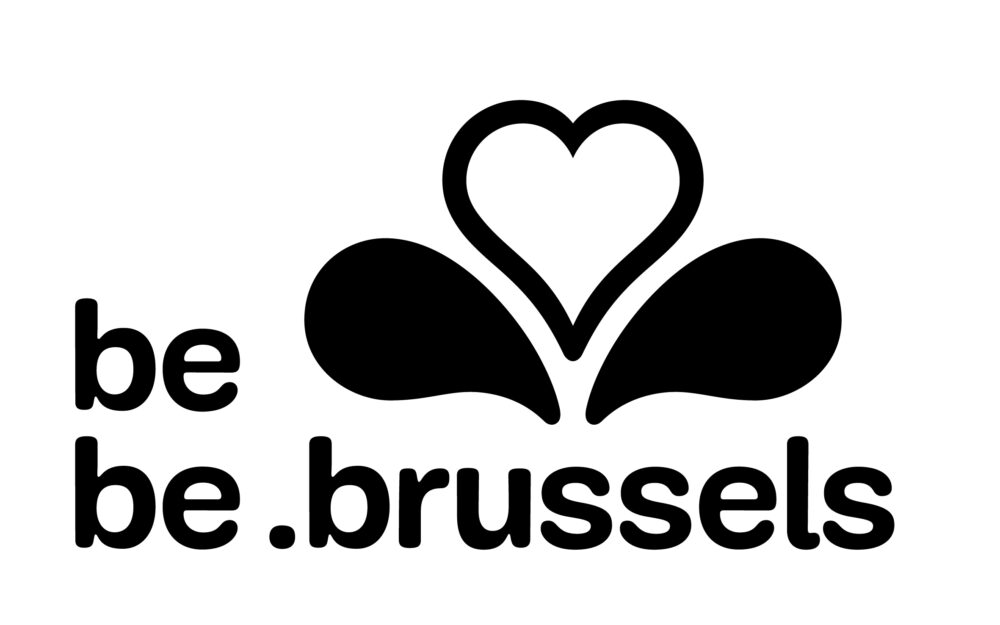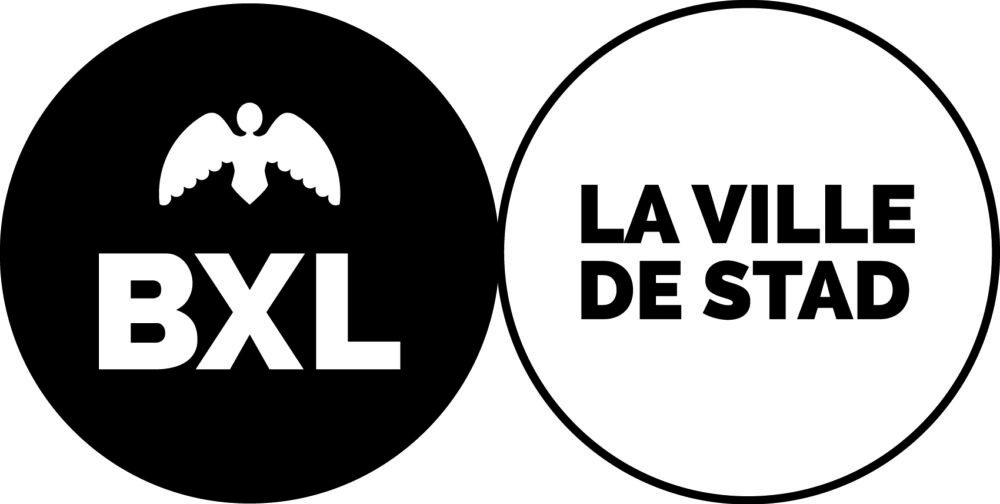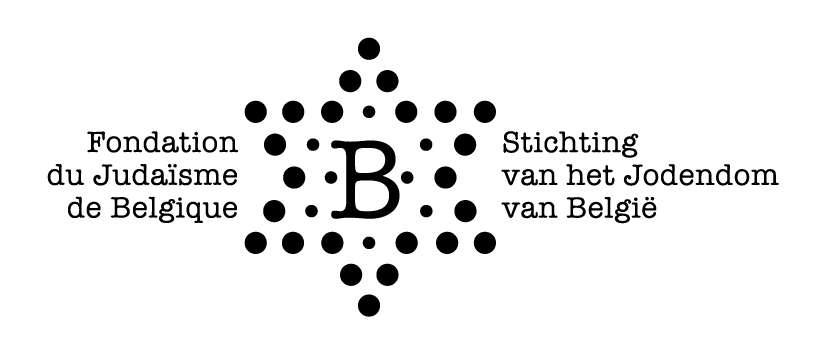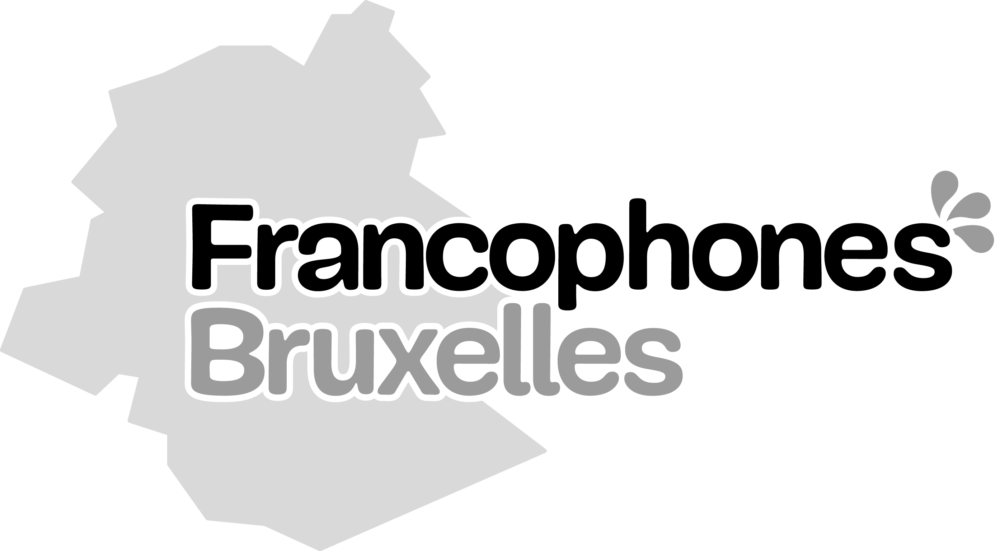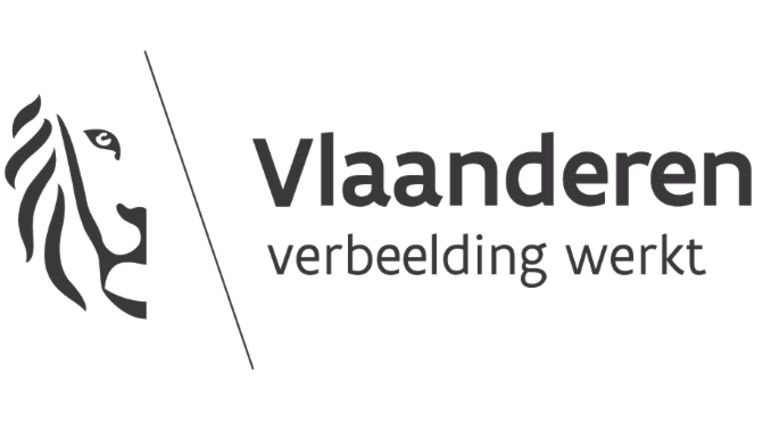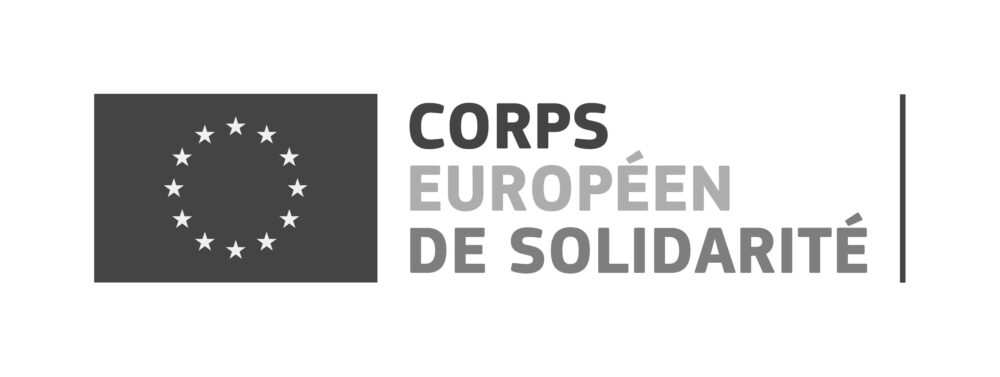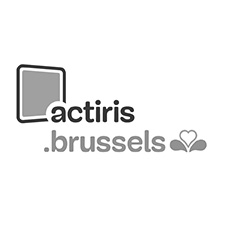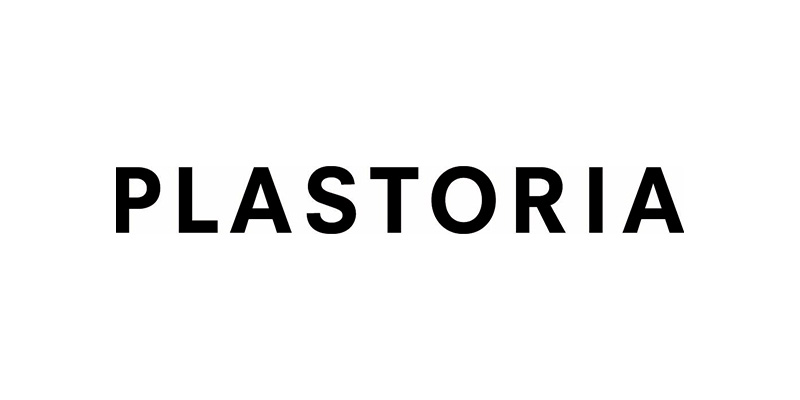The Jewish Museum of Belgium embarks on its makeover: time for the ‘Jewish Museum In/ Out’.
The Jewish Museum of Belgium today announced the temporary closure of its doors for an ambitious renovation and extension project, with a planned reopening in 2028. This transformation is an opportunity for the institution to rethink its role in contemporary society around its key themes of openness, dialogue and education. During this period, the museum will take on a new form and become the Jewish Museum In/Out, pursuing its cultural missions through out-of-home and digital initiatives.
A dynamic program connected to the world
During the closure, the Jewish Museum of Belgium will continue to enrich the Brussels and international landscape under the banner of Jewish Museum In/Out. The institution will explore new ways of disseminating culture. Contemporary art exhibitions will be organized in partnership with other institutions, enabling the public to discover works and projects in new venues. In addition to exhibitions, the museum will continue to program traveling art events and performances, in partnership with the City of Brussels, incorporating artistic interventions in public spaces and partner venues. This nomadic approach will enable us to continue creating powerful and innovative encounters, reinforcing the museum’s presence in the cultural life of Brussels.
An off-site educational program has also been set up to interact directly with schools, promoting cultural education right in their midst. This commitment to young people testifies to the museum’s determination to remain a central player in the transmission of knowledge and humanist values, as well as in the fight against antisemitism and all forms of racism.
At the same time, the museum is turning to digital technology to meet contemporary needs. During the construction period, a digital museum will highlight all the museum’s missions – conservation, dissemination and education. An interactive platform, accessible to all, will enable visitors to explore the collections, follow exhibitions and take part in educational programs, wherever they may be.
“The renovation of the Jewish Museum of Belgium is essential to preserve and enhance this unique place of cultural and educational transmission. Its commitment to telling the story through art and memory is invaluable. Until it reopens, the hors-les-murs program promises to enrich our city and bring culture to the heart of Brussels’ neighborhoods, offering everyone a precious opportunity for exploration and reflection.” – Philippe Close, Mayor of Brussels
An architectural and cultural transformation
Housed since 2002 in a building dating from the late 19th century, the Jewish Museum of Belgium will undergo an architectural transformation. Barozzi Veiga Architects (Barcelona), in collaboration with Tab Architects (Ghent), will lead the renovation. The architectural project will include the addition of a “belvedere”, a symbol of openness and modernity, offering a panoramic view of Brussels. At the same time, particular attention will be paid to the scenography, designed by Christophe Gaeta, who will propose a new museum itinerary. The whole will be enriched by the integration of a contemporary work of art, reinforcing the dialogue between tradition and innovation.
A museum for the future
This renovation is much more than an architectural project. It testifies to the Jewish Museum of Belgium’s ability to reinvent itself, to respond to the challenges of tomorrow, and to reinforce its role as a place of exchange, reflection and transmission. In 2028, the museum will reopen its doors with a totally redesigned space, in tune with the expectations of a diversified public connected to its time.
The project to build the new Jewish Museum of Belgium is supported by Beliris – Brussels-Capital Region, the Wallonia-Brussels Federation and the City of Brussels.


